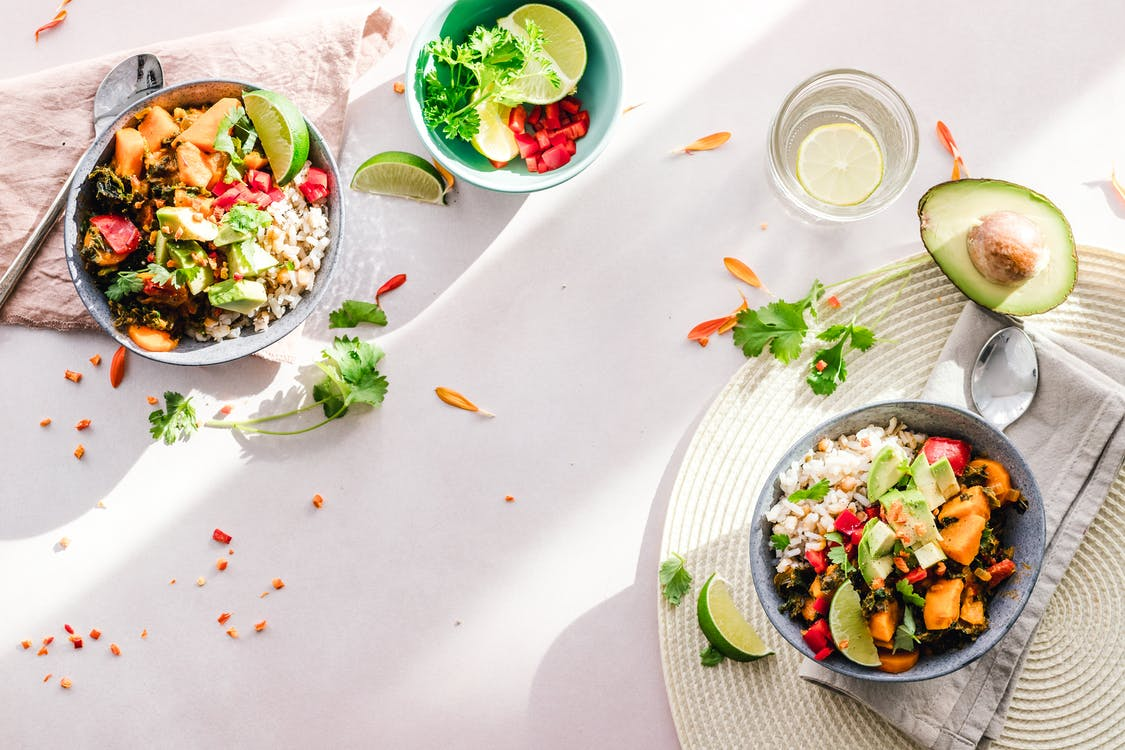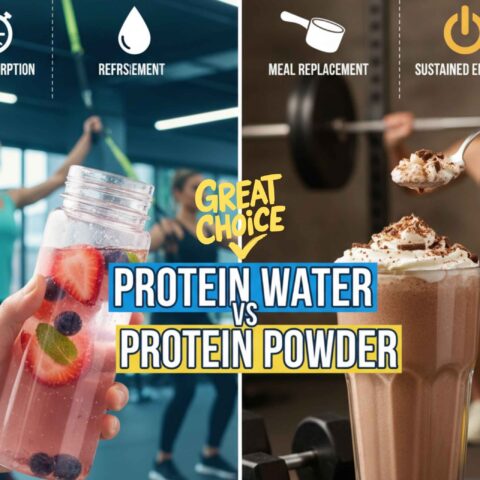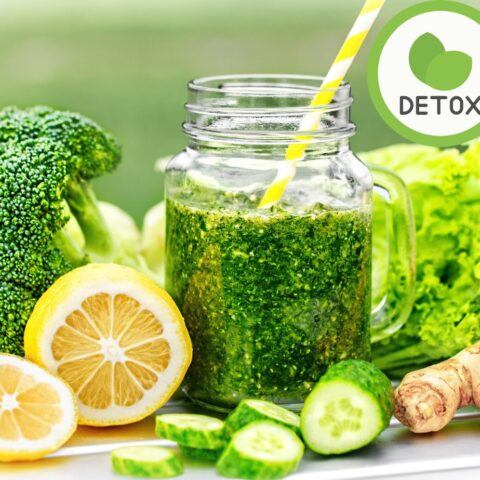In recent years veganism has really taken off around the world.
A lifestyle choice that involves not consuming any food which comes from an animal, most people recognise this as meaning not eating meat or drinking cow’s milk.
However, what they don’t often realise is that it also incorporates not drinking certain wines. That is because not all wines are suitable for those who adopt a plant-based diet.
So, what makes a wine vegan? And how is it different from conventional winemaking techniques?
In this article, we’ll attempt to explain this. As well as provide you with a list of some great alternative wines.
What makes a wine vegan?
Like all other products that are plant based, vegan wine cannot contain any animal by-products in its production process. It should instead have mineral or vegetable substitutes to clarify and refine the wine.
When a wine is first produced, it looks nothing like the finished product we see on the shelves at our favourite wine store. For instance, you don’t see the same rich, deep reds and crystal-clear whites.
Instead, what you do see is a very young, cloudy and unrefined wine with lots of bits floating around. As unattractive as they are, these bits are not harmful to you. Indeed they are nothing more than tiny protein molecules, tannins and phenolic compounds.
While it might be a bit of an eyesore at this early stage of the wine-making technique, in the fining and filtration processes, it all gets sorted out.
During the ‘fining’ phase, the winemakers are able to create a clear and delicious drinkable wine by introducing fining agents that remove these bits via molecules that break them down.
The most common of these is protein such as gelatin (animal protein), casein (milk protein), albumin (egg white protein) and isinglass (fish bladder protein). Regrettably, for vegans, all of these derive from animals.
This process also removes tannins or astringency from the wine and purposely changes its flavour profile to something more palatable.
The final phase of wine-making is filtration. This works by using a material that contains a series of small holes, similar to a coffee filter, to pass the wine through.
At this time, small particles and liquid are allowed to pass through these holes, while bigger particles are unable to do so and are later removed from the liquid. Two reasons to filter wine are microbial stability and aesthetics. Filtration from an aesthetic point of view can also make the wine look more polished in the glass. It also creates a rounding effect that softens the edges of the wine.
The good news for vegans is that the fining process is changing, due to the steady rise in the popularity of plant-based diets. Today there are several vegan-friendly fining agents now on the market including limestone, activated charcoal, clay (bentonite), silica gel, plant casein and vegetable plaques.
If a particular wine is vegan you might notice some slight cloudiness or sediment. This is because it has not gone through the fining process in its production. That said, vegan wines also have a vibrant fruity taste to them as nothing has been stripped out in the making of it.
How can you tell if a wine is vegan?
If you are a fully-fledged vegan, have gluten intolerances or are just trying to reduce animal products from your diet, you should look out for disclaimers on wine bottles. Usually, these contain the words ‘May contain traces of fish products, milk product, egg, gelatin’ etc.
In some countries like Australia, winemakers are required by law to state these disclaimers. But that is not the case for all overseas wine producers.
Sadly, wines that are suitable for vegans are not uniformly labelled as such and even if there is allergy advice such as ‘contains milk’, it is usually placed in an obscure location on the back label in very small writing.
As a rule, if the wine is not clearly labelled with specific information such as this, it is safe to assume that it is not vegan.
Thankfully, many wine producers these days are beginning to showcase their vegan credentials on their labels and websites. In fact, there is a growing movement of producers who are making wines that are both vegan-friendly and organic.
Consumers are also becoming more intentional with making ethical decisions about the products they consume. Reducing their carbon footprint and sustainability are key drivers to purchasing vegan-friendly wine.
Overall, this has led to a general rise in a more plant-based diet and the growth of the vegan wine market is a testament to this.
A Guide to Great Alternative Wines
So what are good vegan wines to drink?
Here are some great examples of popular vegan and organic wines currently on the market:
Yalumba Y Series Pinot Grigio
An Italian wine style that is relatively new on the white wine scene, the Yalumba Y Pinot Grigio is full of spice and sass. It is also an excellent match for a wide variety of foods.
The Vegan Wine Project Shiraz
This terrific vegan wine blends together flavours of plum, wild berries, chocolate and exotic spices. With fine tannins making it silky and soft, the finish is full of long-lasting fruity notes.
Stoneleigh Sauvignon Blanc
Since 2020, this wine producer has not only been certified 100% sustainable but is now also entirely vegan across its whole portfolio.
This particular wine offers all the vibrant, tropical tastes of melon, passionfruit, lime peel, gooseberry and grass.
Running with the Bulls Tempranillo
Tempranillo’s have been rising in popularity all over the world and are becoming our most sought-after medium-bodied red.
This wine is even better than anticipated, with a deep purple colour and awash with scents of redcurrant, dark chocolate, blackberry, nutmeg and Sichuan pepper.
There are Spanish traditions here, but its Barossa Valley characteristics mix in nicely.
See No Evil Organic Rose
See No Evil wines do a great job producing ethical and low-intervention wines that do not cost an arm and a leg.
The grapes are sourced from organic vineyards around South Australia and are entirely free of additives.
Shiraz, grenache and a bit of ruby cabernet comprise this exceptional and very quaffable wine. With its watermelon, red berries, rose petals and cream, it is one that aims to please.
Final Thought
Vegan wines are becoming more accessible and are widely available in supermarkets, from wine merchants and even in restaurants. You can even buy and sell your favourite wine online too.
Whether you are looking to make more deliberate changes to your consumption habits or you are just excited to give your tastebuds something new to try, it is definitely worth investigating some of the top quality and eminently drinkable vegan wines out there.










